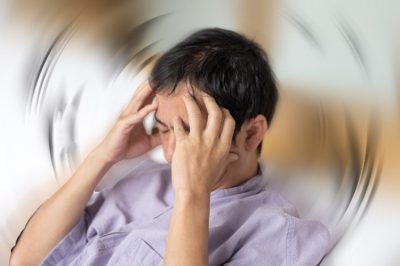Vestibular

The vestibular system is a complex sensory system responsible for our sense of balance and spatial orientation. It is located in the inner ear and works by detecting changes in head position and movement.
In psychology, the vestibular system has been found to play an important role in a wide range of processes, including perception, cognition, and emotion.
One of the primary ways in which the vestibular system impacts psychology is by providing important sensory information that helps us maintain a stable sense of self and perceive the world around us. For example, the vestibular system helps us keep our balance while walking or standing still, and allows us to perceive the orientation and movement of objects in our environment.
The vestibular system has also been linked to various psychological conditions, including anxiety and depression. Studies have found that disruptions to the vestibular system, such as those caused by vestibular disorders or head injuries, can lead to symptoms such as dizziness, vertigo, and disorientation, which can in turn contribute to feelings of anxiety and depression.
Furthermore, research has suggested that the vestibular system may play a role in certain cognitive processes, such as spatial memory and attention. For example, studies have found that disruptions to the vestibular system can lead to impairments in spatial memory and attentional control.
Overall, the vestibular system is a crucial component of our sensory and perceptual experiences and has important implications for our psychological well-being and functioning.
By understanding our brain, the automatic processing and the hard work it is doing every day to make sense of the world around us, we can tailor therapy to work with our body, rather than against it. If this is something you would like to explore more, please contact us today.

